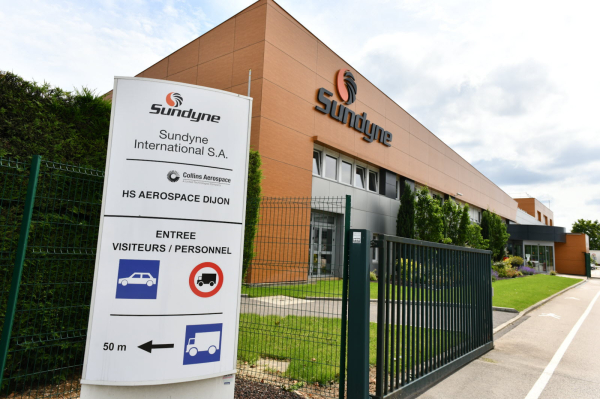
The ownership of media by powerful business people with vested interests poses the main threat to media freedom in Albania and reform is necessary, according to a coalition of international media freedom delegates who visited the country.
Partners of the Council of Europe’s Platform on the Safety of Journalists and other partners, including Reporters Without Borders and the International Press Institute, travelled to Tirana for a two-day fact-finding mission between 17-18 November.
One of the key concerns is media capture by powerful businesspeople who use their platforms to curry favour in their other businesses, many of which are regulated.
“These media owners, many of whom have cross ownership in key state-regulated industries reliant on public tenders, systematically use their media assets to serve their own private or political agendas rather than the public interest,” the statement writes.
“Concentration of media under the control of such business groups has intensified in recent years,” it adds.
This results in a situation where direct interference of media owners in editorial independence is high and certain sensitive issues or topics are considered off limits for journalists, as well as “chronic self-censorship and a lack of quality investigative reporting.”
This, along with other issues, has resulted in a situation that is getting worse, not better.
“Our assessment is that overall, Albania continues to experience a deterioration in media freedom. While the legal framework generally remains adequate, no progress has been made in recent years in improving the environment for independent and watchdog journalism or media pluralism,” a joint statement after the visit notes.
But it was not all bad news. The press release noted that the controversial anti-defamation package was formally withdrawn from parliament’s agenda on 15 November. This draft law was widely criticised by the EU, Council of Europe, EU member states and local and international media watchdogs who said its scope would suffocate Albanian online media.
They also applauded “the willingness of the government to heed the concerns of international institutions, organisations and the journalistic community who opposed the law, as well as the broader willingness to implement international standards on media freedom and freedom of expression, in particular of Council of Europe, including the Venice Commission, and the European Union on other matters related to media freedom.”
Other positive developments included more press conferences with the prime minister, providing journalists with more opportunities to ask questions directly on matters of public interest, and improvements regarding transparency.
Despite these encouraging steps, the overwhelming perception of media representatives the delegation met with was not positive.
This perception is reflected by the increase in the number of media freedom alerts posted to the Platform, including attacks on journalists, discrediting rhetoric by politicians and concerns over the restrictive climate for access to information, the report noted.
(Alice Taylor | Exit.al)
Source: euractiv.com



